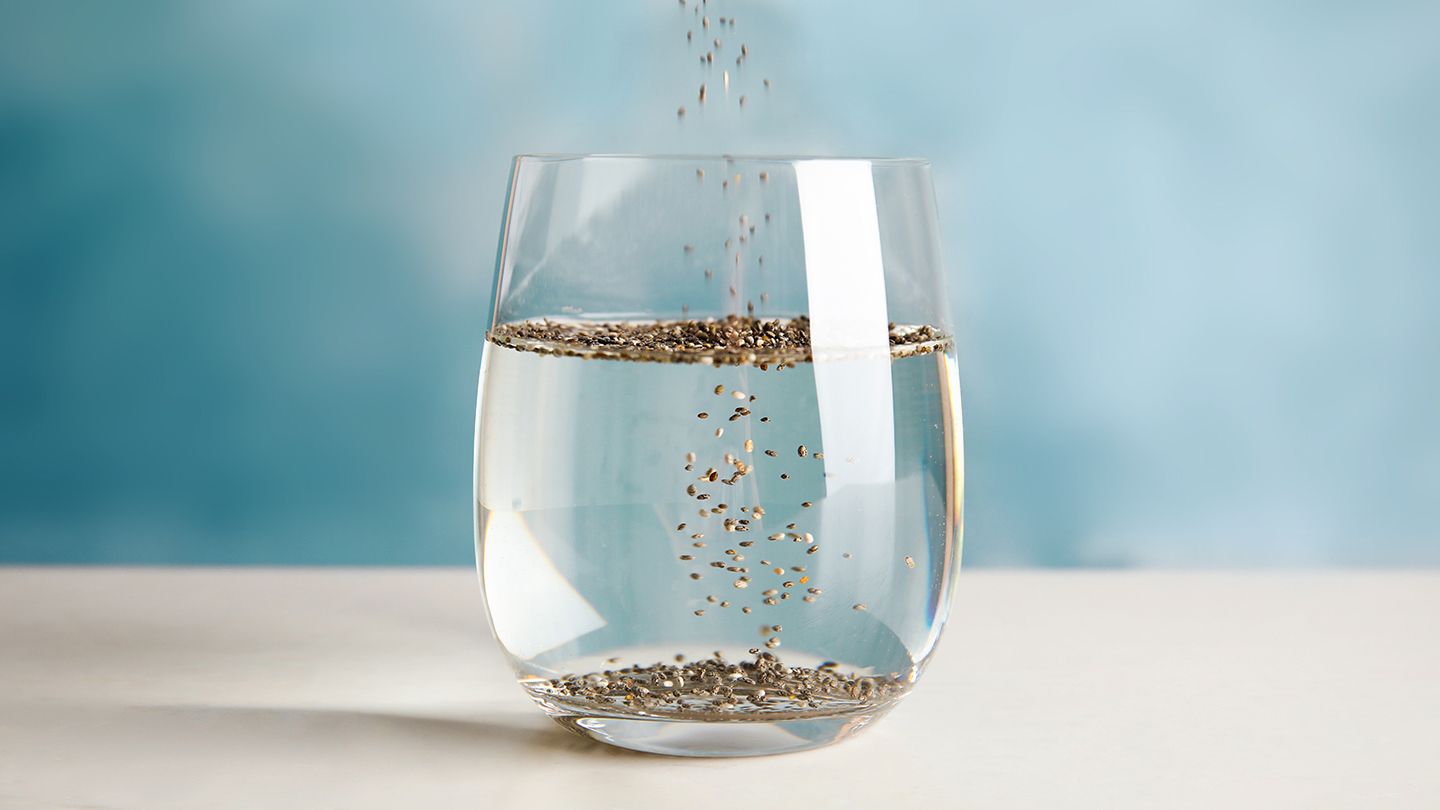
There are many websites that claim to be able to give weight loss advice. It can be challenging to distinguish truth from fiction. It is important to consult a doctor before you start any weight loss plan. Bananas, sugary drinks, and Bananas are high in calories. Whole grains are healthier than white flour, but they have more calories. Healthy choices are the best way lose weight.
Dietary fat ultimately becomes
Weight loss has always been associated with dietary fat. This notion is disproven by the latest research. According to UNSW researchers, it is vital to lose fat to be able to consume more calories. Studies also show that obesity can be linked to weight gain when you eat a high fat diet. This is no surprise considering the evidence that low calorie diets can cause people to gain weight.

Sugary drinks are high in calories
Although most beverages aren't very calorie-dense many drinks contain high levels. A 12-ounce glass orange juice contains a staggering 10 teaspoons of sugar. You can find as much sugar in energy drinks and sodas as you do water. Many also contain unknown additives that may have adverse health effects. You may also find caffeine in these drinks, which can cause high blood pressure.
Bananas make you fat
Bananas don't make you fat. They're actually not fattening. One regular banana has 150 calories. Bananas are often mistakenly believed to cause weight gain. Many people mistakenly believe that bananas contain fat. Bananas' carbohydrates are what provide energy for the body to move. To function properly, glucose is essential. Without it you won't be capable of doing anything, much less losing weight.
Whole grains are better to lose weight
There are many benefits to whole grains. Whole grains have fiber and nutrients that lower your chance of getting diseases such as diabetes and heart disease. Whole grains are healthier choices for weight loss, as they are lower in calories. There are two types - whole grains as well as refined grains. Whole grains include the whole kernel, bran and germ. The latter contains carbohydrates, protein, and small amounts of vitamins.
Artificial sweeteners have been linked to heart disease
Research shows that sugary, artificially sweetened drinks increase the risk of developing heart disease. Instead of sugary beverages, choose calorie-free drinks with no artificial sweeteners. Although these drinks are marketed as "diet drinks," they're not a healthy alternative. The beverage industry refutes these findings. So which one is better? Which sugar-free drinks should you drink? Let's have a look at both.

Weight loss can't be achieved by exercise alone
Increasing physical activity can promote weight loss, but exercise alone does not result in noticeable weight loss. An extensive review of weight loss research has shown that exercise alone does little to promote weight loss. As the body seeks to achieve homeostasis, increased physical activity is not always a sign of weight loss. Researchers recommend that diets and exercises be combined to achieve optimal weight loss.
FAQ
Why lose weight before you reach 40 years old?
Senior citizens over 40 need to maintain their health, fitness and well-being. It is crucial to find ways that you can stay fit throughout your entire life. This includes regular exercise, eating well, not smoking, and drinking moderate alcohol.
It is also crucial to recognize the fact that our bodies age. Our bones start to weaken, and our muscles start to shrink. You can slow down the aging process if you take care of yourself.
Being healthy and active as we age has many benefits. These are:
-
Better Sleep
-
Better mood
-
Enhanced energy levels
-
Lower risk of getting cancer
-
A longer life
-
More independence
-
More sex
-
Improved memory
-
Improved concentration
-
Increased circulation
-
Stronger immune system
-
Fewer aches & pains
Is there a difference between intermittent fasting, calorie restriction, and intermittent fasting?
Calorie restriction is a way to eat less than your body needs. Intermittent fasting differs from other types of intermittent fasting in that it does not restrict calories. It focuses on eating fewer calories during the day.
Intermittent fasting allows you to indulge in foods that you love while feeling guilt-free.
Both methods have their advantages and disadvantages. It is up to you to decide which method you prefer.
What should I eat during intermittent fasting to lose weight?
You can lose weight by cutting out carbs. This means eliminating carbohydrate-based foods such as pasta, bread, rice, potatoes, or other carbohydrate food.
Also, you should avoid eating too many protein as it can make you feel fuller for longer. This will ensure that you don't feel hungry as frequently.
Focus on foods rich in healthy fats like olive oil, avocado, nuts and seeds. These foods are satisfying and will keep your hunger at bay for hours.
It's vital that you get enough water. Water helps you stay hydrated, which makes it easier to burn fat.
You may find that you actually crave these foods when you fast. You don't have to cave to your cravings. If you do, you could gain more weight than you lost.
To prevent overeating, try keeping an eye on how much you consume throughout the day. Instead of reaching for another snack, sip a glass of water when you feel hungry.
This may seem counterintuitive. However, it's been shown to help you slim down. One study published in Obesity showed that plain water was more nutritious than sugary drinks.
Plain water was also shown to reduce hunger. Drinking water is the best way to lose weight if you don't want sweetened beverages.
Weight loss doesn't require you to restrict your intake of calories or eat less. Instead, make small lifestyle changes.
One way to start is by substituting your typical breakfast sandwich with a bowl of oatmeal. Alternately, you can swap your afternoon cookie with a piece de fruit.
These easy changes can help you lose weight and keep your kitchen clean.
How long does it take to lose weight?
It takes time to lose weight. It usually takes six to eight months to lose 10%.
You should not expect to lose weight overnight. Your body will take time to adjust to changes in diet.
This means that you need to slowly change your diet over a period of time, such as a few days or weeks.
Fad diets are not recommended as they don't work. Instead, you should change your daily routine.
For example, if you normally eat unhealthy snacks late at night, then you should cut down on this habit.
It is better to eat healthier meals early in the evening. This way, you'll avoid snacking later in the night.
Drinking water throughout the day is also important. Water helps keep your body hydrated, and prevents you from becoming dehydrated. Dehydration can make you feel tired and weak.
A lot of water throughout the day is a great way to stay energized.
It is important to reduce stress levels through activities that allow you to relax. For instance, you could spend some quality time with loved ones.
You could also read books or watch movies, or listen to music.
These activities will help to relax and unwind from stressful situations. They can also help improve your moods and self-esteem.
So, when you're trying to lose weight, you should always think about your health first.
Your overall health can be measured by your physical fitness. If you are looking to improve your physical fitness, it is important that you eat well and do regular exercise.
How often do people fast every day?
Most people who adhere to a ketogenic lifestyle fast only once per week. However, there are some who fast twice per week. Others fast three or more times per week.
There is a variation in the length of fasts. Some people fast 24 hours, while others fast 48 hours.
Some people even go longer than 72 hours. However, these extreme cases are rare.
Statistics
- According to Harvard Health, it's estimated that a 155-pound (70-kg) person burns roughly 112 calories per 30 minutes of weight training (5). (healthline.com)
- It's estimated that half of all American adults attempt to lose weight every year (1Trusted (healthline.com)
- A 12-week study in 20 women with obesity found that walking for 50–70 minutes 3 times per week reduced body fat and waist circumference by an average of 1.5% and 1.1 inches (2.8 cm), respectively (healthline.com)
- One 6-month study showed that simply doing 11 minutes of strength-based exercises 3 times per week resulted in a 7.4% increase in metabolic rate, on average. (healthline.com)
External Links
How To
How to Intermittent Fasting
Intermittent fasting is a dieting method where you normally eat one day per week, usually Monday through Friday. This diet aims to lower your overall calorie intake, while still ensuring you get enough nutrition. This helps you lose fat more quickly than if it were your normal meals for the entire week.
The most common form of IF involves restricting calories only on certain days of the week. This would mean that you skip breakfast each morning, and then eat whatever food you like throughout the day. You could also choose three small meals instead of two large meals per day.
There are many types of intermittent fasting. There are pros and con's to every type of intermittent fasting. Alternate day fasting, which doesn't require you to change your lifestyle, is the best way to get started. But, there are some people who find it hard to follow such a strict schedule. These people might prefer to try different methods.
If you are interested in starting an intermittent fasting regime, I recommend beginning with alternate-dayfasting. This will allow for gradual transition to more extreme fasting without having to change your lifestyle.